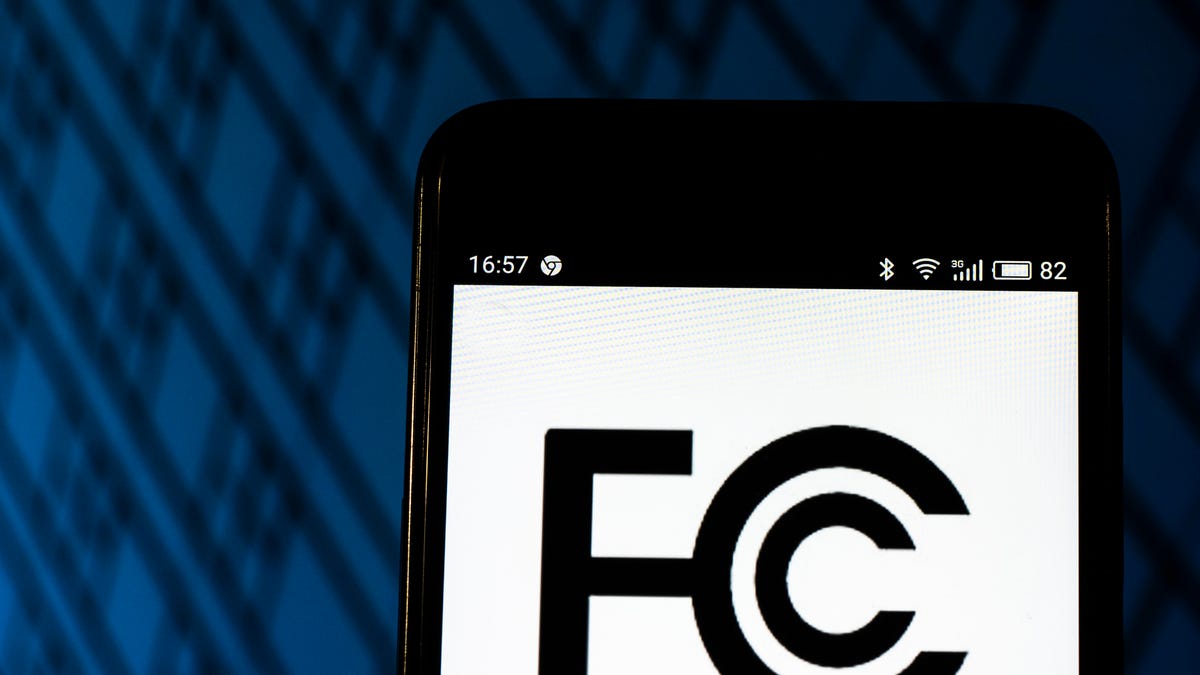FCC's Pai targets Lifeline fraudsters, but doesn't propose a funding cap
Chairman Ajit Pai has a new proposal to ensure everyone enrolled in the subsidy program for the poor is actually alive.

The FCC is proposing some "administrative" changes to its Lifeline subsidy program to root out fraud and abuse of the program.
Federal Communications Commission Chairman Ajit Pai is looking to root out waste, fraud and abuse in the government's phone subsidy program for the poor. But he's not ready to cap the budget on the program just yet.
On Monday, Pai's office began circulating its latest proposal for cleaning up the program, which the government's General Accounting Office stated in its 2017 report is rife with waste, fraud and abuse. The latest proposed action is what the FCC is calling an "administrative clean-up" but it doesn't tackle some of the more controversial items on the agency's to-do list, such as instituting a funding cap and excluding wireless resellers from participating in the program. The FCC is still considering those issues separately, according to a senior FCC official.
The biggest fix to the Lifeline program in this proposal is making sure that subsidies go to people who are alive. A three-year audit of the program by the GAO in 2017 found that more than $1 million per year had gone to fake or deceased individuals. And more than a third of customers receiving the subsidy could not be confirmed as eligible for the program.
The FCC said this is the kind of abuse it's trying to address in this latest proposal. Specifically, the agency will put in additional requirements to ensure that carriers enrolling subscribers can verify the person is still living. It will also prohibit carriers from incentivizing employees or agencies tasked with signing up new customers by paying commissions for the number of customers they enroll.
The $1.5 billion subsidy program known as Lifeline is designed to help low-income families pay for phone service by giving out a $9.25-per-month subsidy. Created in 1985, Lifeline was initially designed to provide discounts on traditional phone service for qualifying low-income families. It was revised in 2005 to add prepaid wireless mobile plans to the mix. It was expanded yet again in 2016 to help pay for broadband service.
However, Lifeline has proven controversial as fraud and abuse of the program have been rampant throughout the years. The FCC under two previous chairmen has adopted measures to fix the problems. Democrat Julius Genachowski, appointed by President Obama during his first term in office, put into place a system that would root out duplicate applications and ensure that only one person in a household got Lifeline benefits. In 2016, Tom Wheeler, Obama's second term pick for FCC chairman, created a National Lifeline Eligibility Verifier, which has yet to be fully deployed.
The program went live in March 2018 in six states: Colorado, Mississippi, Montana, New Mexico, Utah and Wyoming. In June, it expanded the verifier to 11 more states: Arizona, Connecticut, Georgia, Iowa, Kansas, Nebraska, Nevada, New York, Vermont, Virginia and West Virginia. The FCC said on a call with reporters on Monday that the identity verifier will be rolled out to the rest of the country by the end of this year.
Pai's FCC opened an inquiry in 2017 asking whether it should cap the program and exclude wireless resellers from offering Lifeline service. Critics say that these changes would gut the program and leave millions of poor Americans without phone service. Roughly 70% of Lifeline participants subscribe to service from a reseller.
This latest proposal does not address the question of whether to cap the program's funding or to eliminate resellers, FCC officials said. Pai's latest Lifeline proposal has not been made public yet, and it's not clear when the FCC will vote on it.
Originally published August 19, 2:51 p.m. PT
Updated August 20, 12:48 p.m. PT: Added more details about efforts by previous FCC administrations to fix Lifeline problems.

